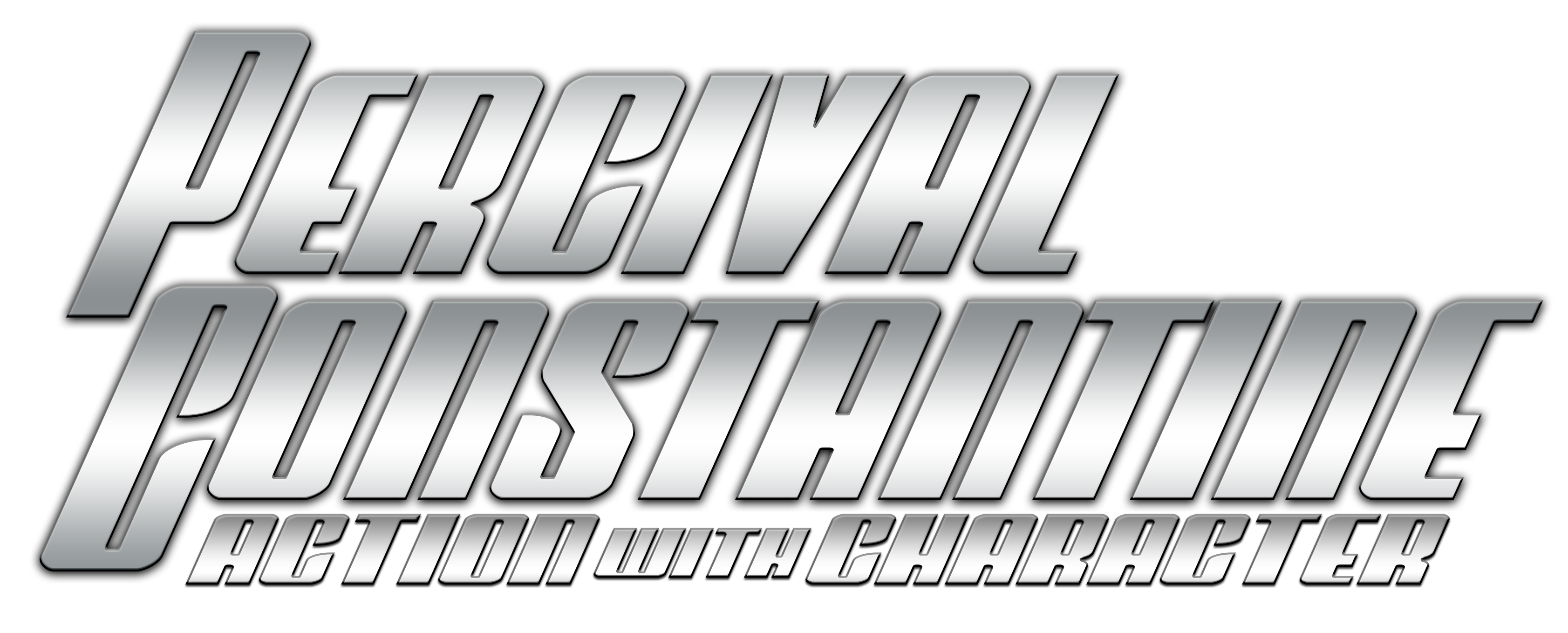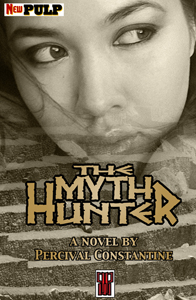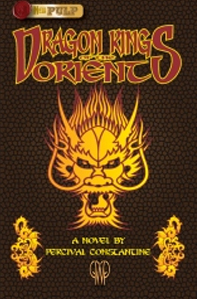
The new Tomb Raider, now 100% more rape-y
The title of the article on Kotaku is You’ll ‘Want To Protect’ The New, Less Curvy Lara Croft. Here is what Ron Rosenberg, executive producer of the upcoming Tomb Raider game, had to say:
“When people play Lara, they don’t really project themselves into the character…They’re more like ‘I want to protect her.’ There’s this sort of dynamic of ‘I’m going to this adventure with her and trying to protect her.’”
Mr. Rosenberg, what the hell are you talking about? Do you really think that when a guy plays a Tomb Raider game, they imagine themselves as some sort of cosmic bodyguard here to protect her? I’ve played a lot of games and I have never viewed myself as that, regardless of whether or not the character has boobs.
I wish I could say that was the most offensive thing Rosenberg said, but it unfortunately gets worse.
“When you see her have to face these challenges, you start to root for her in a way that you might not root for a male character.”
If you’re a woman or a man who respects women, I imagine you’re beginning to feel a little bit sick. Yes, you’re afraid of where this is going. And I wish I could tell you that your fears are misguided.
“The ability to see her as a human is even more enticing to me than the more sexualized version of yesteryear. She literally goes from zero to hero…we’re sort of building her up and just when she gets confident, we break her down again.”
Notice some key things here—Rosenberg sees Lara as more enticing when she’s more “human” – and more human means she needs a big, strong man to protect her. More human means breaking her down. But it gets worse.
In the new Tomb Raider, Lara Croft will suffer. Her best friend will be kidnapped. She’ll get taken prisoner by island scavengers. And then, Rosenberg says, those scavengers will try to rape her. “She is literally turned into a cornered animal,” Rosenberg said. “It’s a huge step in her evolution: she’s forced to either fight back or die.”
What. The. Fuck.
Rape is not “evolution.” When you use rape as a way to make your female character strong, it says two things about you:
1) You are a lazy, terrible excuse for a writer.
2) You’ve got issues with women.
What’s more is Rosenberg goes on to compare this to the origin stories for Batman and Spider-Man. Now, it’s been a long time since I read those origins, but I certainly don’t recall Peter Parker or Bruce Wayne getting sodomized by the criminals who killed Uncle Ben or Thomas and Martha Wayne, respectively.
“We’re not trying to be over the top, shock people for shock’s sake. We’re trying to tell a great origin story.”
You’ve got that backwards, Ron—you are trying to be over the top, you are trying to shock people for shock’s sake. And if this is what you call trying to tell a great origin story, then I shudder to think what half-assing it would look like.
Now look, I’m not going to lie and say that Lara Croft was a very well-rounded character. She was created as an obvious sex object, with her short shorts and comically-oversized chest. But that doesn’t justify what someone on Twitter referred to as Tomb Raider: I Spit On Your Grave.
It’s 2012, people. The twenty-first century. Yet we’re debating whether or not women should have access to birth control, and whether or not they need their boss’ permission for it. We’re debating the merits of whether or not women should receive equal pay for equal work. We’re debating whether or not a woman impregnated by a rapist should be punished for “allowing” herself to be raped by having her attacker’s child.
Adding fuel to the fire is a pop culture that uses victimization of women as character development. In order to be a strong hero, a woman must be raped or sexually assaulted. Want to put a female character in peril? Threaten her with rape. Want a female character to overcome something? Have her overcome a sexual assault.
It’s sickening is what it is.
In both The Myth Hunter and Dragon Kings of the Orient, I didn’t make Elisa Hill a strong character by subjecting her to sexual assault. In these books, she goes up against a villain stronger and more capable than her, she has to deal with former friends becoming enemies, she confronts her own past mistakes, she’s thrown into situations she can’t control and she has to overcome insurmountable odds. In short, she’s exposed to the same things a male character is!
The comments I’ve received about Elisa have been unanimously positive. Both male and female readers have said she’s a strong, relatable, well-rounded character. And you know what else? I was able to do this without resorting to or even hinting at any sort of victimization.
There is no rape in these books. There is no sexual assault. Not even a little bit.
I’m pleading with every creator out there right now, please do me a favor. The next time you feel the urge to use rape as a character or plot device, don’t. Just for once, try writing a female character without using rape. I’ve seriously fucking had enough. This is not good writing—it’s hackneyed, clichéd, misogynistic bullshit. It has no place in the twenty-first goddamned century. If the only way you can write a strong, female character is by debasing her and victimizing her, then you should not be writing female characters. Hell, I’d argue you probably shouldn’t be writing, period.


